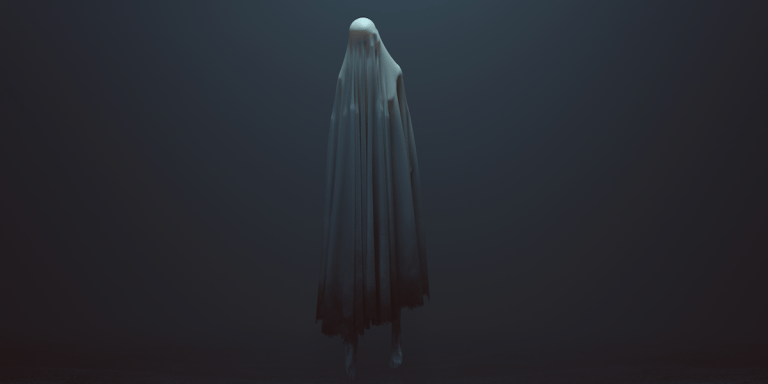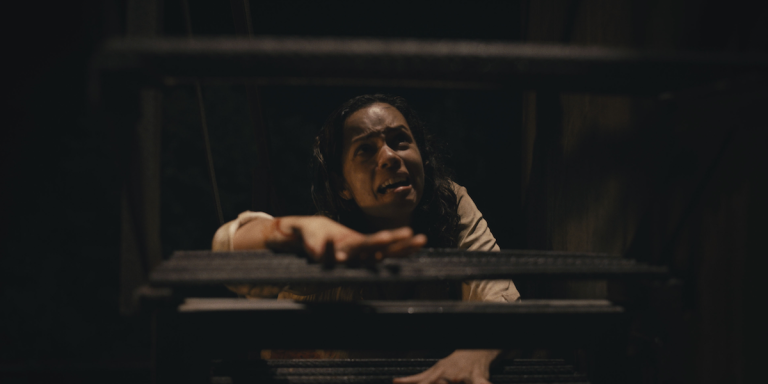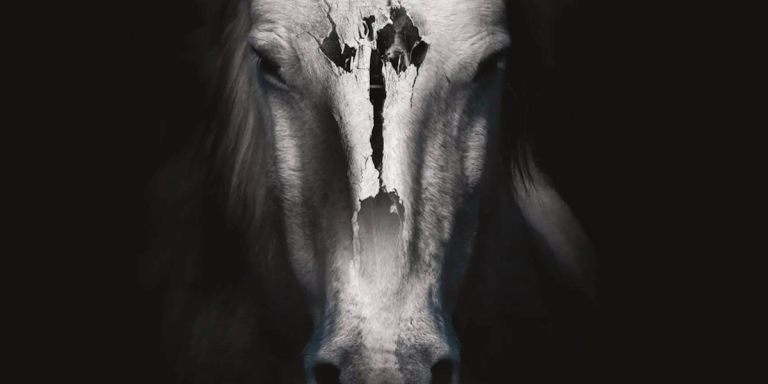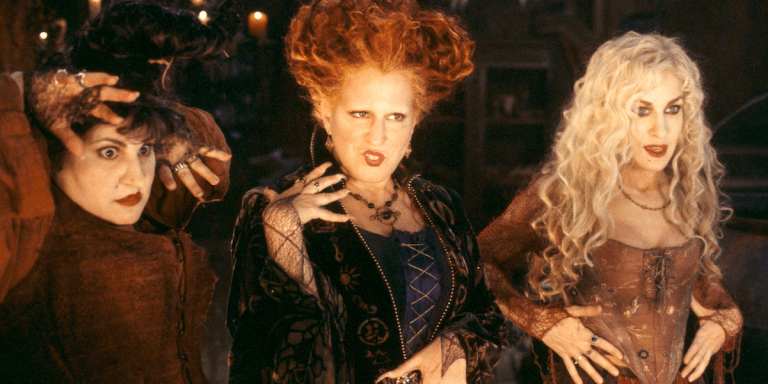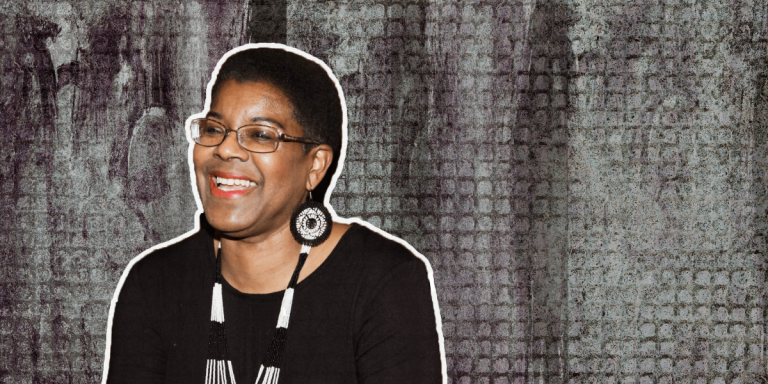The Inspiration Behind The Gothic Thriller Debut ‘The Spite House’
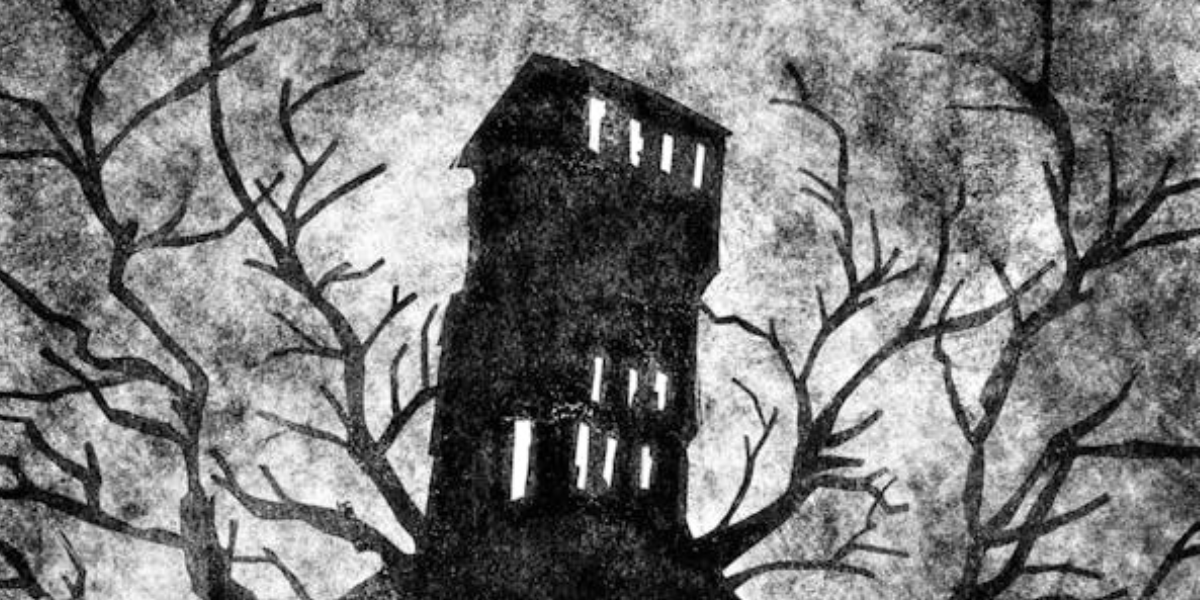 A family ripped apart by tragedy. A parent determined to return to a place they once called home. A house with a deep history, partly obscured, that is vital to the present. A story that is as much about grief, inherited trauma, and yearning for a miraculous second chance, as it is about frightening supernatural forces and the never-quiet dead.
A family ripped apart by tragedy. A parent determined to return to a place they once called home. A house with a deep history, partly obscured, that is vital to the present. A story that is as much about grief, inherited trauma, and yearning for a miraculous second chance, as it is about frightening supernatural forces and the never-quiet dead.
These could be taken as somewhat superficial similarities between The Good House and The Spite House, as a general description that could be attached to a few other stories about old houses and the families who live there. I know better though. I’ve been trying to write something specifically as great as The Good House (and Due’s earlier novel The Between, which could have had its own entry here) for almost two decades.
Tananarive Due’s work will always have an impact on my writing, whether I’m conscious of it or not. So it goes when you love an author’s style and stories. As I took The Spite House through its rewrites and edits it jumped out at me how much of The Good House seemed to pop up in my novel. The Good House is a horror story with a strong, full heart, that has enough room for love and mourning as it does for scares and screaming, and I’m always striving to deliver the same.
The entire opening paragraph to Shirley Jackson’s The Haunting of Hill House is legendary, and I tried to replicate some of its impact, as well as I could, in the opening to The Spite House, but the four words that still strike me hardest when I reread them are, “Hill House, not sane…”
Of course, you need the context of the entire opening to fully appreciate the horror contained in those words, but even absent everything surrounding them (which, to be as clear as possible, should never be skipped or treated as anything close to superfluous), the declaration that the house in question is insane is alarming. While recognizing that a person is in some way mentally unwell shouldn’t also result in them being labeled a menace, I’m not applying that same sympathy or consideration to a house. The idea that the house is at all alive and thinking is enough to make me think it unsafe, let alone the idea that it is also demented.
And why is Hill House’s mind so plagued? Here is one way in which the rest of the opening magnifies the horror: Hill House cannot dream, and nothing living can stay sane for long “under conditions of absolute reality.” The house has been driven mad because it never dreams, presumably because it never sleeps. Venture inside if you dare, but know that you can’t even rely on the luck of it being asleep and therefore unaware of your presence.
Beldame is a place that does not exist in the real world, but is mentioned in passing in The Spite House as an homage to one of my favorite novels, The Elementals. Set primarily in a somewhat remote area of the Alabama coast, McDowell’s best book, in my opinion, is an excellent exploration of the unknowable, uncanny and unsettling. It not only makes you afraid of the idea of spirits haunting a house, but makes you question what a spirit or haunting even is. As the title suggests, his book threatens its characters with preternatural beings that may be better described as misunderstood natural phenomena, no more “evil” than a flood or tornado, but just as terrifying.
''I thought it would be a black comedy, but it just came out black,” said Robert Marasco of his horror novel Burnt Offerings. As a man who regularly sees humor in unlikely places, including grave situations where I’m not really laughing at the bleakness so much as laughing about how understandable the bleakness is, I can sympathize with the late Mr. Marasco’s sentiment, even if I struggle to see the same potential for dark humor he saw in his story. Burnt Offerings gives us a terrific example of a “hungry house,” an element that arrives early in The Spite House, with little Stacy’s innocent-yet-ominous observation that titular house might be so skinny because it’s starving.
Discover the Book
Eric Ross is on the run from a mysterious past with his two daughters in tow. Having left his wife, his house, his whole life behind in Maryland, he's desperate for money—it's not easy to find steady, safe work when you can't provide references, you can't stay in one place for long, and you're paranoid that your past is creeping back up on you.
When he comes across the strange ad for the Masson House in Degener, Texas, Eric thinks they may have finally caught a lucky break. The Masson property, notorious for being one of the most haunted places in Texas, needs a caretaker of sorts. The owner is looking for proof of paranormal activity. All they need to do is stay in the house and keep a detailed record of everything that happens there. Provided the house’s horrors don’t drive them all mad, like the caretakers before them.
The job calls to Eric, not just because there's a huge payout if they can make it through, but because he wants to explore the secrets of the spite house. If it is indeed haunted, maybe it'll help him understand the uncanny power that clings to his family, driving them from town to town, making them afraid to stop running.
By clicking 'Sign Up,' I acknowledge that I have read and agree to Hachette Book Group’s Privacy Policy and Terms of Use
What to Read Next
